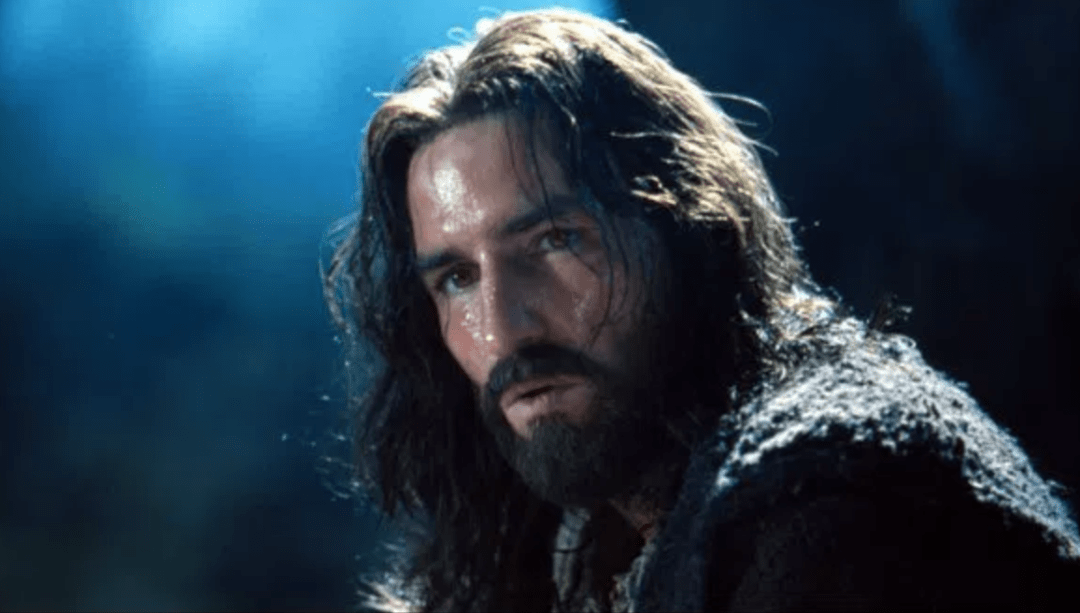Mel Gibson is a name synonymous with cinematic brilliance, known for his passion in filmmaking that transcends mere entertainment. Throughout his illustrious career, Gibson has not only acted but also directed and produced some of the most thought-provoking films in Hollywood. Whether it’s his compelling performances or his directorial vision, Gibson's films often resonate with audiences on a profound level. In this article, we will delve deep into the passion that drives Mel Gibson’s film career, exploring his most significant works, the themes he embraces, and the impact he has made in the film industry.
The journey of Mel Gibson in the realm of cinema is a testament to his unwavering dedication and artistic expression. From his early days as an actor to becoming an acclaimed director, Gibson has continuously pushed the boundaries of storytelling. His films often reflect his personal beliefs, cultural heritage, and a deep understanding of the human experience, making his work not only entertaining but also relatable and thought-provoking.
In this exploration, we will categorize his filmography into significant eras and themes, providing insights into how his passion for storytelling has shaped his career. Join us as we uncover the essence of Mel Gibson’s artistry and his contributions to the world of cinema.
Read also:David Hefner
Table of Contents
- 1. Biography of Mel Gibson
- 2. Early Career Highlights
- 3. Iconic Acting Roles
- 4. Directorial Debut: A New Chapter
- 5. Notable Films and Their Impact
- 6. Recurring Themes in His Work
- 7. Awards and Recognition
- 8. The Legacy of Mel Gibson
- 9. Conclusion
1. Biography of Mel Gibson
| Name | Mel Colmcille Gerard Gibson |
|---|---|
| Date of Birth | January 3, 1956 |
| Place of Birth | Peekskill, New York, USA |
| Occupation | Actor, Director, Producer |
| Notable Works | Braveheart, The Passion of the Christ, Hacksaw Ridge |
2. Early Career Highlights
Mel Gibson’s journey in film began in the late 1970s with his breakout role in the Australian film “Mad Max.” This film not only showcased his acting prowess but also marked the beginning of a franchise that would go on to become a cult classic. Gibson’s portrayal of the iconic character Max Rockatansky set the stage for his future success in Hollywood.
Following “Mad Max,” Gibson starred in a series of successful films, including “The Year of Living Dangerously” and “Lethal Weapon.” These roles solidified his status as a leading man in the industry and highlighted his versatility as an actor. His unique ability to blend action with emotional depth made him a favorite among audiences and critics alike.
3. Iconic Acting Roles
Throughout his career, Mel Gibson has taken on various roles that demonstrate his range and commitment to his craft. Here are a few notable performances:
- Braveheart (1995): Gibson not only starred in this historical epic but also directed it, earning him two Academy Awards for Best Picture and Best Director.
- The Passion of the Christ (2004): A controversial yet powerful film that Gibson directed, depicting the final hours of Jesus Christ.
- Hacksaw Ridge (2016): Gibson returned to directing with this biographical war film, which earned him critical acclaim and several nominations.
4. Directorial Debut: A New Chapter
Mel Gibson made his directorial debut with “The Man Without a Face” in 1993. The film, which tells the story of a disfigured man and his bond with a young boy, was a poignant exploration of themes such as isolation and acceptance. This debut marked the beginning of Gibson’s journey as a director, showcasing his ability to tell compelling stories from behind the camera.
5. Notable Films and Their Impact
Mel Gibson's filmography is filled with notable works that have left a lasting impact on the film industry. Below are some of his most significant films:
- Braveheart: A historical drama that inspired audiences with its tale of freedom and sacrifice.
- The Passion of the Christ: A film that sparked conversations about religion and faith worldwide.
- Hacksaw Ridge: A poignant depiction of courage and conviction during World War II.
6. Recurring Themes in His Work
Mel Gibson's films often explore complex themes, including:
Read also:Loc>
- Faith and Redemption: Many of his films delve into the struggles of faith and the pursuit of redemption.
- War and Sacrifice: Gibson frequently addresses the impact of war on individuals and society, emphasizing sacrifice and heroism.
- Human Resilience: His narratives often highlight the resilience of the human spirit in the face of adversity.
7. Awards and Recognition
Mel Gibson’s contributions to cinema have been recognized with numerous awards, including:
- Academy Awards for Best Director and Best Picture for “Braveheart.”
- Golden Globe Awards for Best Director and Best Motion Picture for “The Passion of the Christ.”
- Critics’ Choice Awards for his work in various films.
8. The Legacy of Mel Gibson
Mel Gibson's legacy in the film industry is undeniable. His ability to blend powerful storytelling with emotional depth has inspired countless filmmakers and actors. Despite controversies throughout his career, Gibson's work continues to resonate with audiences, proving that passion and dedication to one's craft can create lasting impact.
9. Conclusion
In conclusion, Mel Gibson's passion for filmmaking is evident in every project he undertakes. From his early career as an actor to his successful ventures as a director, Gibson has consistently pushed the boundaries of storytelling. His films not only entertain but also provoke thought and inspire discussion. As we reflect on his contributions to cinema, it is clear that Mel Gibson's legacy will endure for generations to come.
If you found this article insightful, please leave a comment below, share it with your friends, or explore more articles on our site about the fascinating world of cinema!
Thank you for reading, and we hope to see you again soon!
Article Recommendations


